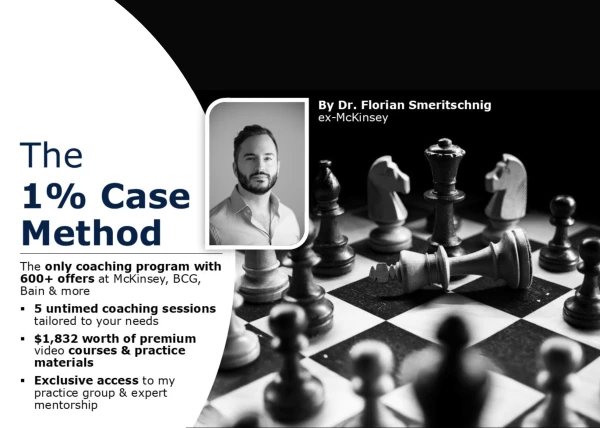Steve Jobs once made a critical comment about consulting, suggesting that consultants lack the experience of seeing their recommendations through to implementation and the opportunity to learn deeply from their mistakes. He said:
"Without owning something over an extended period of time, like a few years, where one has a chance to take responsibility for one's recommendations, see them through all stages, and accumulate scar tissue for the mistakes, one learns a fraction of what one can. Coming in and making recommendations without owning the results is a fraction of the value and the opportunity to learn. You get a broad cut at companies, but it's very thin and two-dimensional."
Additionally, many people believe that "Consultants get a bad rap because it’s very easy to pretend you’re an expert in something you’re not, and they don’t get to learn the depth of the issues."
What are your thoughts on these critiques from Steve Jobs and the general public? How do you think they align or conflict with the consulting profession today? Are there specific ways in which modern consultants can or have addressed these criticisms? How do consulting firms ensure that their consultants have the depth of knowledge and accountability necessary to deliver real value to clients?













